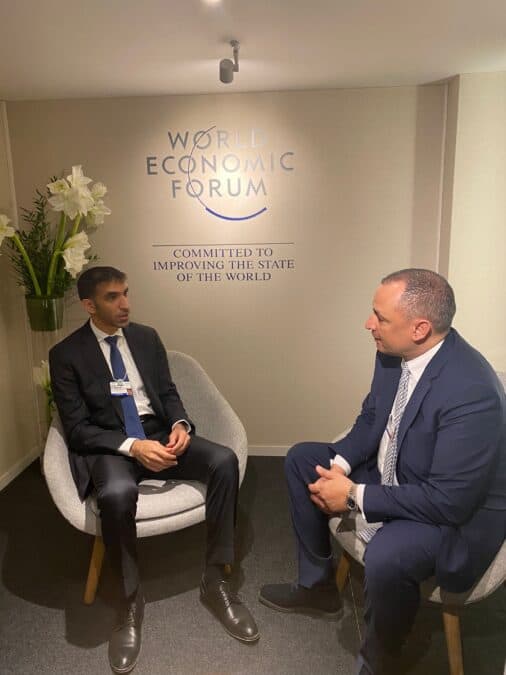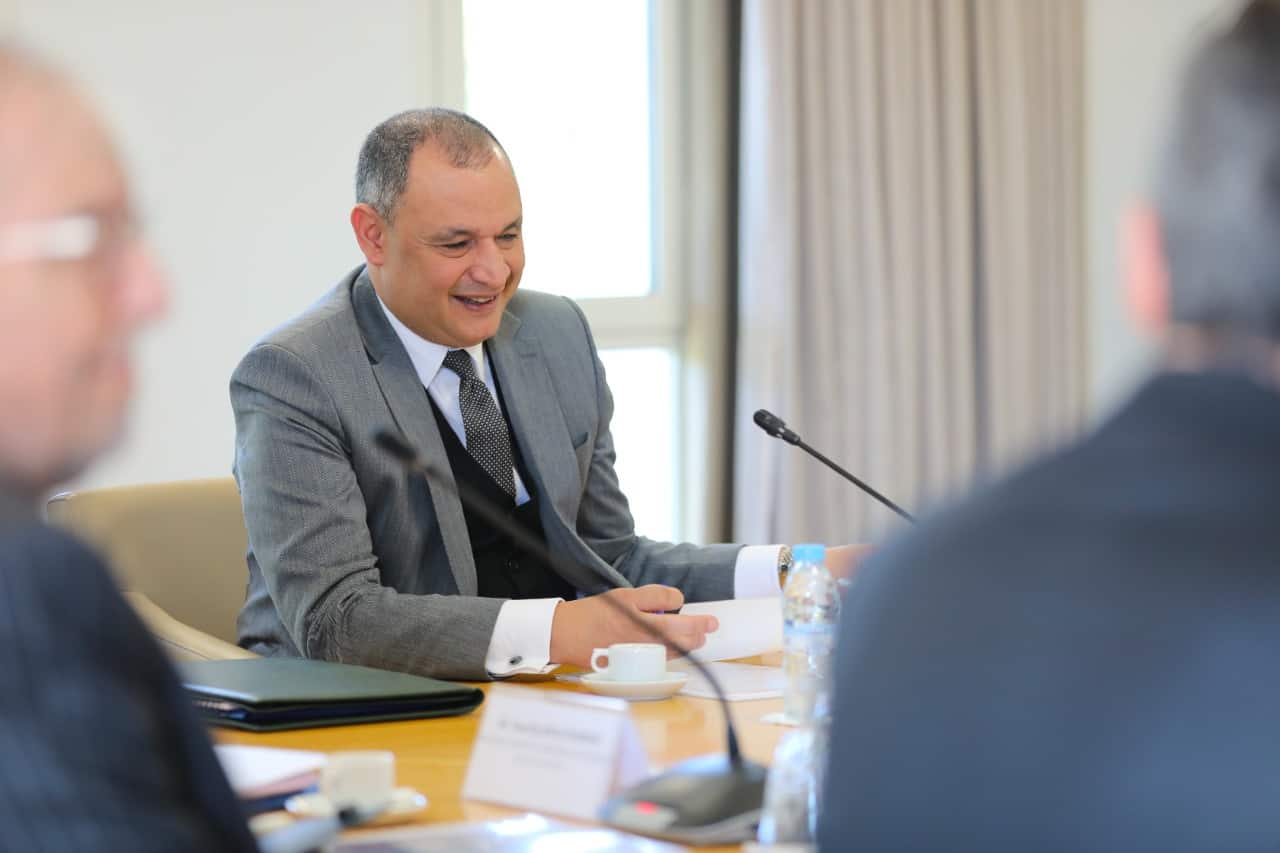Davos, Switzerland — Morocco faced economic headwinds like every other nation in the world but its economy could sustain jobs, increase exports and control inflation besides creating an environment in which its young population could realize their dreams, the country’s Industry and Trade Minister Ryad Mezzour told TRENDS at Davos 2023 in an exclusive interview.
Despite facing challenges such as a water shortage and inflation, Morocco’s economy is in fine shape, with exports increasing by 30 percent in 2022 compared to the previous year, said Mezzour.
He sees the current global economic uncertainty as an opportunity for the country and invites foreign investors to take advantage of Morocco’s world-class infrastructure and talented workforce.
Excerpts:
Give an overview of the current economic situation in Morocco.
The current economic situation in Morocco is in fine shape. Our exports increased by 30 percent in 2022 compared to 2021. We are creating jobs for young people despite a difficult situation. We faced a water shortage, the worst in the past 40 years, and the current economic situation impacted inflation, which we had to manage very carefully. But at the end of the day, we are proud to restrict the inflation to 6 percent as many other countries had much higher rates.
It was a hard year but, in the meantime, there were good opportunities for the Moroccan economy. It could sustain jobs, increase exports, control inflation and maintain financial equilibrium after the public budget.
What are the plans for the young generation and the youth coming out of universities and schools?
I think the world is impressed by our young generation. We have seen this in the World Cup and I see that every day in our plans and our companies. I am personally very impressed by our young generation and I believe in them and I believe they can change the game for Morocco, in Morocco.

We are creating good opportunities for the youth, and a good environment so that they can realize their dreams. This is what we are trying to do every day in our government. I think Morocco is going through a period of transformation. We have seen it in different sectors of the industry. Morocco is becoming a platform that is known and recognized worldwide. Our exports are now mainly industrial and 80 percent of our exports are manufactured products, whether it be fertilizers, cars or spare parts for the aviation industry.
We are very proud to prepare the ground for this young generation so that can find a way to realize their dreams.
At Davos, people talked about the looming recession that won’t be as bad as in the past. How prepared is Morocco and what is your take on the global economy?
I see an opportunity for Morocco. The world is changing, the world is transforming and the world is uncertain. People have different views on what is happening. Here in Davos, we are talking about a fragmented world and it is not so clear to the people what is happening right now and what is in store for them.
For us, it is a world of opportunities, a world in which we need to find a way to transform our countries and we are seeing that every day in Morocco. We are witnessing a recession and we are seeing our main markets facing difficulties in the form of purchasing power of our citizens and so on. At the same time, we are seeing our competitiveness going up, our exports increasing and our inland investment or FDI increasing. So, it is a world of opportunities for us.
As a member of the government and the ministry, what would be your message to foreign investors who want to invest in Morocco?
My message is clear. This is probably the best industrial platform in the world you would be investing in. It has world-class infrastructure, it has young, talented and motivated human capital. It has public support that will bring competitiveness to your productivity and make you successful so much so that you would want to reinvest.
Any particular industry?
Our main industries are fertilizers and automotive. We have a platform that produced 700,000 cars a year and we expect the number to increase to a million in the next three years and to 2 million in the next eight years. We also have thriving food and medical industries. So, we have a diversified industry, talented people, world-class infrastructure, and, importantly, a motivated government.
What are your major takeaways from Davos?
It is a huge opportunity to meet decision-makers, politicians or economic decision-makers. We had more than 40 bilateral encounters here and probably six to seven main projects that will be built in Morocco.








